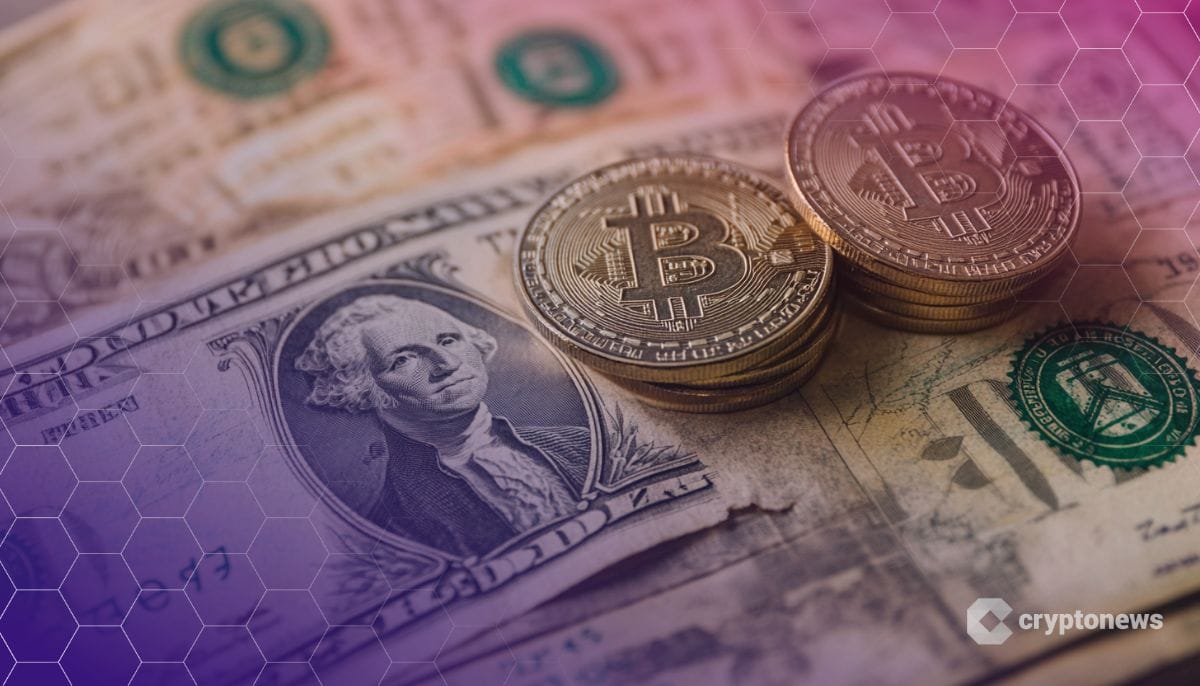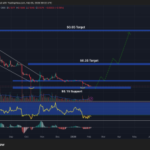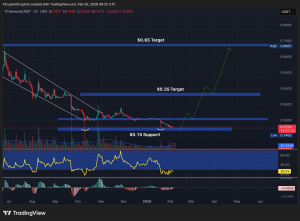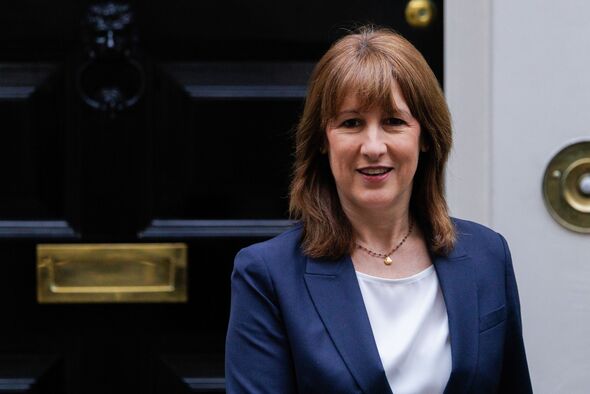Last updated:
 Why Trust Cryptonews
Why Trust Cryptonews
Ad Disclosure
We believe in full transparency with our readers. Some of our content includes affiliate links, and we may earn a commission through these partnerships. Read more

Tether, the company behind the world’s largest stablecoin USDT, has announced its decision to relocate its headquarters and subsidiaries to El Salvador after securing an operating license in the country.
The move comes after Tether obtained its second Salvadoran Digital Asset Service Provider (DASP) license in 2025.
Tether Secures Operating License: Why El Salvador?
The company announced this decision on January 13, citing El Salvador’s favorable regulatory environment and growing adoption of Bitcoin.
In the statement, Tether mentioned that it had acquired a license to operate as a digital asset service provider and stablecoin issuer in the Latin American nation.
Paolo Ardoino, Tether’s CEO, described the move as a strategic step for the company.
Ardoino said;
“This decision is a natural progression for Tether as it allows us to build a new home, foster collaboration, and strengthen our focus on emerging markets.”
He added that the relocation aligns with Tether’s financial freedom and innovation vision.
“By rooting ourselves [in El Salvador], we are not only aligning with a country that shares our vision in terms of financial freedom, innovation, and resilience but is also reinforcing our commitment to empowering people worldwide through decentralized technologies.”
Tether also announced plans to support renewable energy initiatives in El Salvador, including geothermal energy projects powered by the country’s volcanoes.
These projects aim to enhance the nation’s energy infrastructure and ensure sustainable crypto mining.
Ardoino has publicly supported El Salvador’s President Nayib Bukele and his initiatives, sharing messages on social media encouraging investment and residency in the country.
Other Tether executives, including Chief Operating Officer Claudia Lagorio, have also invested in real estate in El Salvador and became citizens in 2024.
The relocation follows a similar move by Bitfinex Derivatives, which recently obtained a DASP license in the country.
Can Bitcoin Adoption Deliver for El Salvador? Bukele’s Candid Take
El Salvador has gained attention in the cryptocurrency world since adopting Bitcoin as a legal tender in 2021 under Bukele’s leadership.
The government has embraced policies aimed at increasing tourism and attracting foreign investment.
A 2024 report from Santander US Capital Markets highlighted the rise in tourism, attributed partly to the country’s Bitcoin-friendly policies.
Tether plans to collaborate with the Salvadoran government and local businesses to expand financial access and promote the use of stablecoins.
The company aims to enable businesses and individuals to transact using decentralized financial solutions supported by its USDT stablecoin.
President Nayib Bukele, who was reelected in 2024, has described Bitcoin adoption as a positive development for El Salvador.
However, in an August 2024 interview, he acknowledged that the benefits have yet to materialize fully.
Bukele’s administration has also focused on expanding international relations through digital asset collaborations, including a recent agreement with Argentina and ongoing discussions with over 25 countries to promote global crypto adoption.
Despite facing criticism over alleged human rights abuses and detentions of political critics, Bukele’s government has earned praise for policies credited with reducing crime rates.
As of December 2024, El Salvador held over 6,000 Bitcoins, valued at more than $550 million at the time.
And for Tether, it remains the largest stablecoin issuer globally, with over $137 billion in USDT circulation.

















